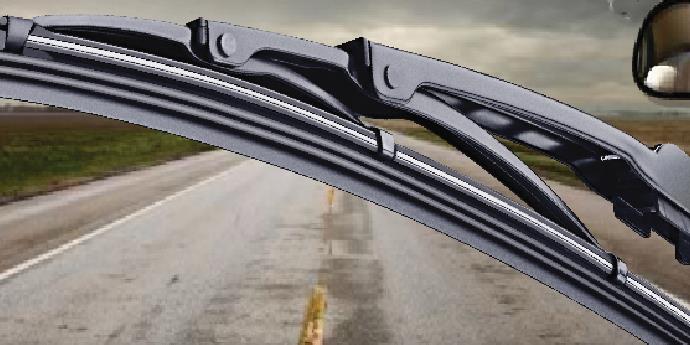Buying a second hand car is a smart choice for people who don’t have the budget for brand new vehicles. A car’s value depreciates and for a lot of people that’s the time when they can afford to buy one. However, second-hand buyers should always be cautious when they go buy one since repairs could end up costing more than a brand new car.
Check Before Buying a Second Hand Car:
If you’re trying to buy a second hand car, here are some things you need to check first:
1. Reviews of the Car Model:
Before heading to the dealership, make sure to do your research first. Find a site and look for the car model that you want and take note of its details. If you don’t have anything specific in mind yet, you can make a list of your options. Read reviews online and see what people think about the car.
Check to see if they are verified owners of the car model, so you’re sure they’re giving legit comments. You can also check the price so you can gauge whether what you’re paying for the second-hand version is worth it.
2. The Controls:
Buyers who are looking for a new car always test drive the vehicle before purchasing to make sure that it is the right feel for them. It is doubly crucial for second-hand buyers to do so too because you need to make sure that the car is still in good condition. Otherwise, you’ll soon find yourself browsing the Internet for the best car accident lawyers near you.
Here are some of the controls you check on:
- Check whether all the control buttons are working
- Test the brakes, make sure it doesn’t have any vibrations and that it doesn’t swerve
- Make sure all warning lights light up when you turn on the ignition
- Turn on the heaters and air conditioners too
3. The Car’s Body:
Checking the exterior surface of the car is an excellent way to tell whether the vehicle has been in an accident or not. The telltale signs include major dents on the surface and mismatched paint. The indentation is a dead giveaway so the previous owner would most probably have it fixed already. But carefully inspect the paint job. If one spot appears to look a different shade or as if it’s newly applied, then the previous owner might be covering something up.
4. The Tires:
If the previous owner properly took care of the car, then there should be even tire wear on all of the tires. Car tires need to be rotated properly, and if they aren’t it causes uneven wear. It could also mean that the wheels are poorly aligned caused by other problems like damage to the frame or worn steering components.
5. The Smell of the Interior:
The moment you open the car door and get in, there should be no sign of suspicious odors. Make sure that there are no smells of gas because it could be a sign that there is a leak in the engine. If you smell mildew, it could mean that the car got flooded or there’s water leaking somewhere.
6. The Seats:
Since you’ll be spending most of your car time in your seat, make sure that they’re in good condition as well. Adjust the seats and the seatbelts and see if they’re all working fine. Check the upholstery too. Make sure that there are no huge rips and tears that may cost you extra to get fixed.
7. The Fluid Levels:
The fluids in a car are like its blood. Vehicles need it so they can function properly. The fluids or oils in a car lubricates its different parts. It protects your engine or brakes from wearing down much faster than they’re supposed to. Below are the different fluids you need to check:
- Engine Fluid – Good car owners always make sure to top up the engine fluids. A car won’t work as smooth as it’s supposed to if the engine fluid is at a low level. Use your dipstick to see at which level it is.
- Transmission Fluid – Make sure that there are no foreign particles in the transmission fluid like water droplets or metal particles. It should have a pinkish color and no burnt smell.
- Brake Fluid – The brake fluid should not have a dark color. It makes sure that your car properly stops when you step on the brakes. If it has a dark color, then it means that it may have internal corrosion or brake failures.
8. The Windows:
If there are any minor scratches on the windows, it’s okay. However, if you see any small cracks, be wary. It may not seem like a serious issue at that moment, but over time it could turn into a big problem. You can also raise it as a concern to try and set the price for a lower bargain.
Final Thoughts:
Buying second hand cars could save you a lot of money if you pick the right one. You need to check everything that’s listed above to make sure that you’re spending your money on something worth it. If you’re not quite sure, you can always bring along a mechanic with you to help you inspect.
Read Also:






















